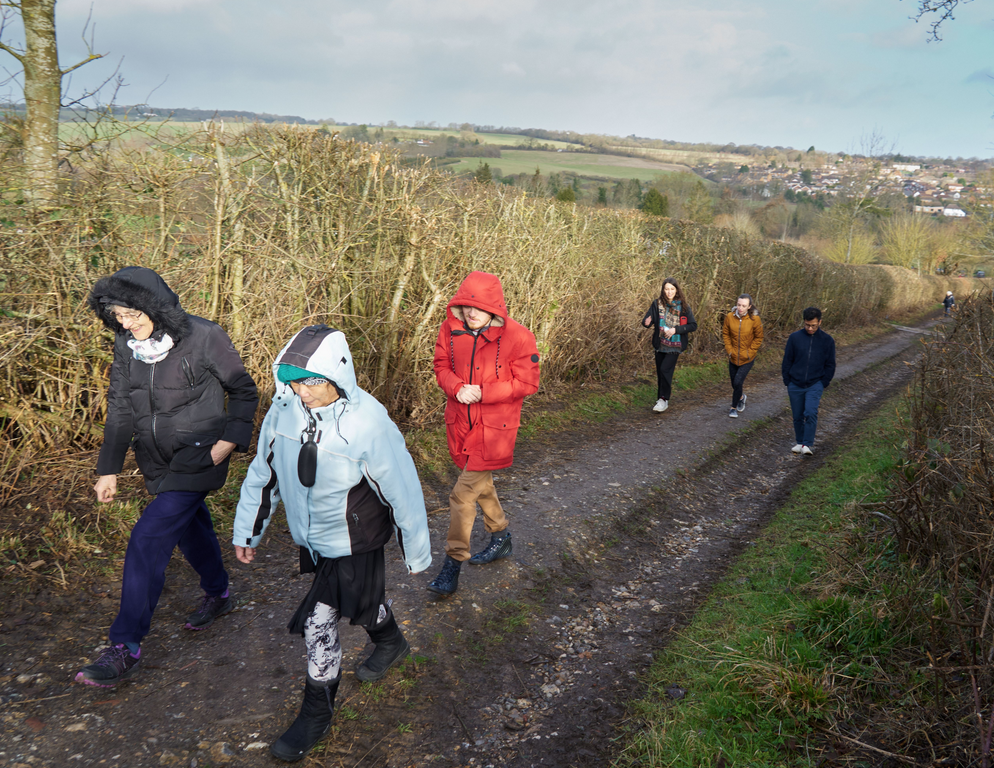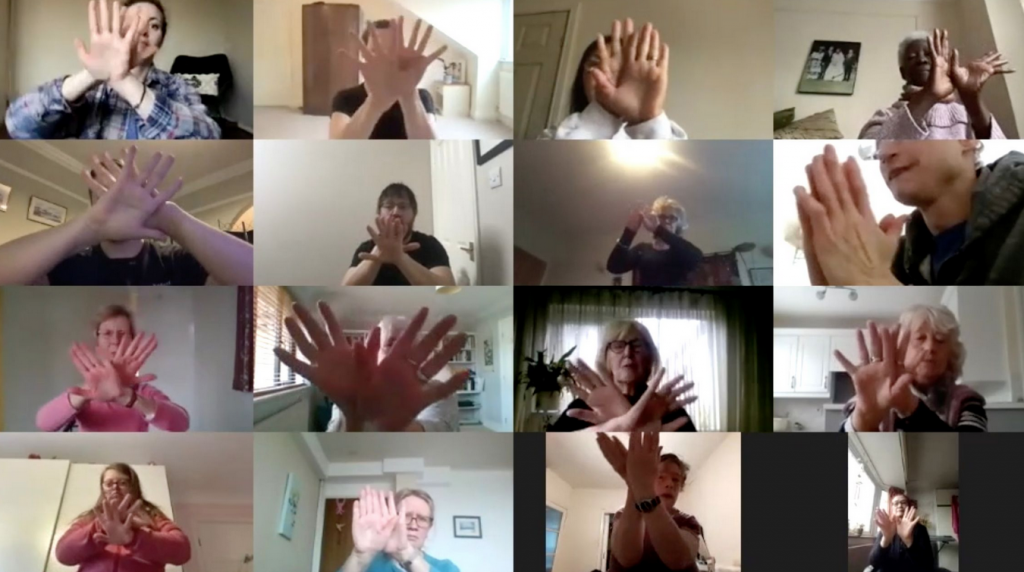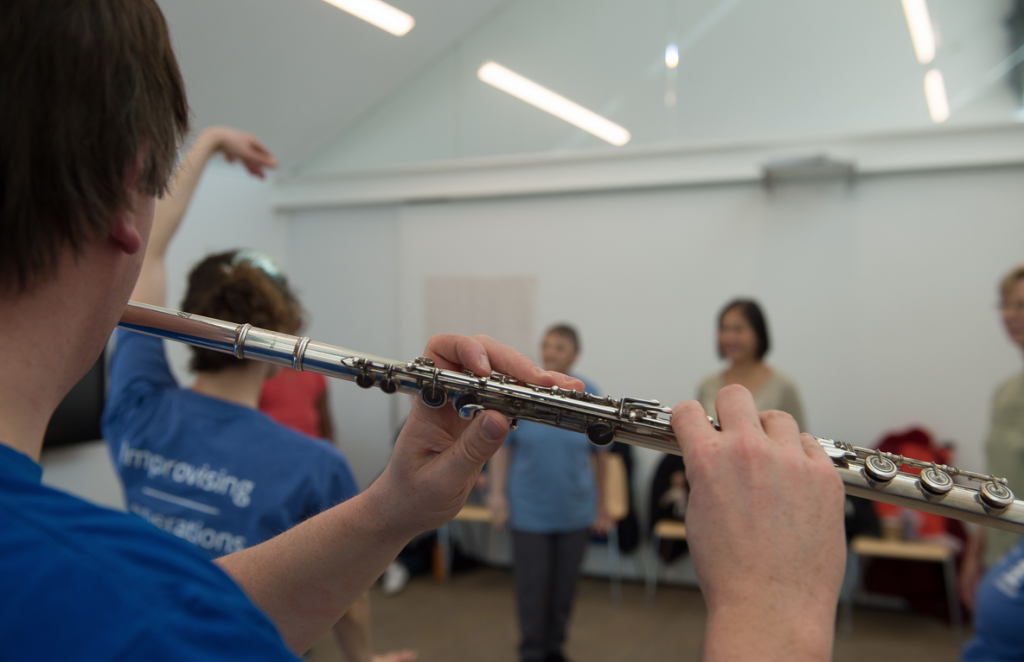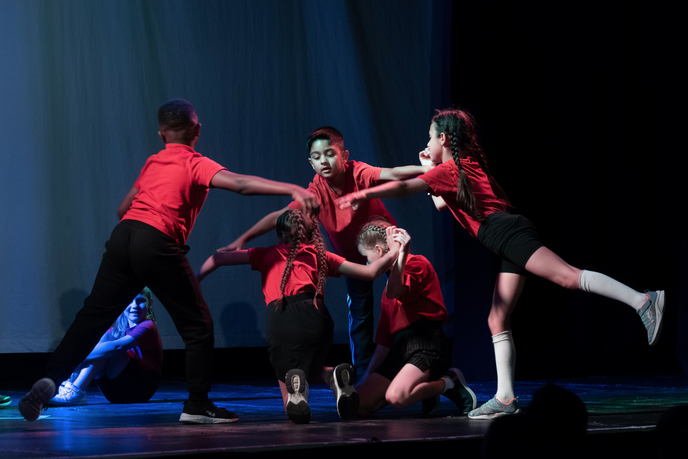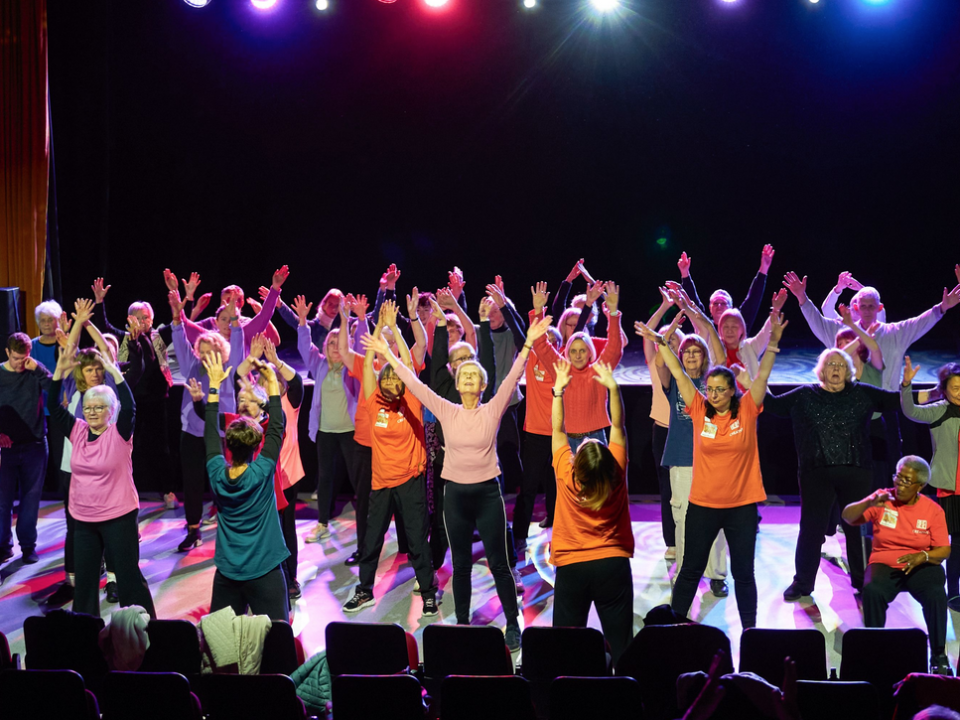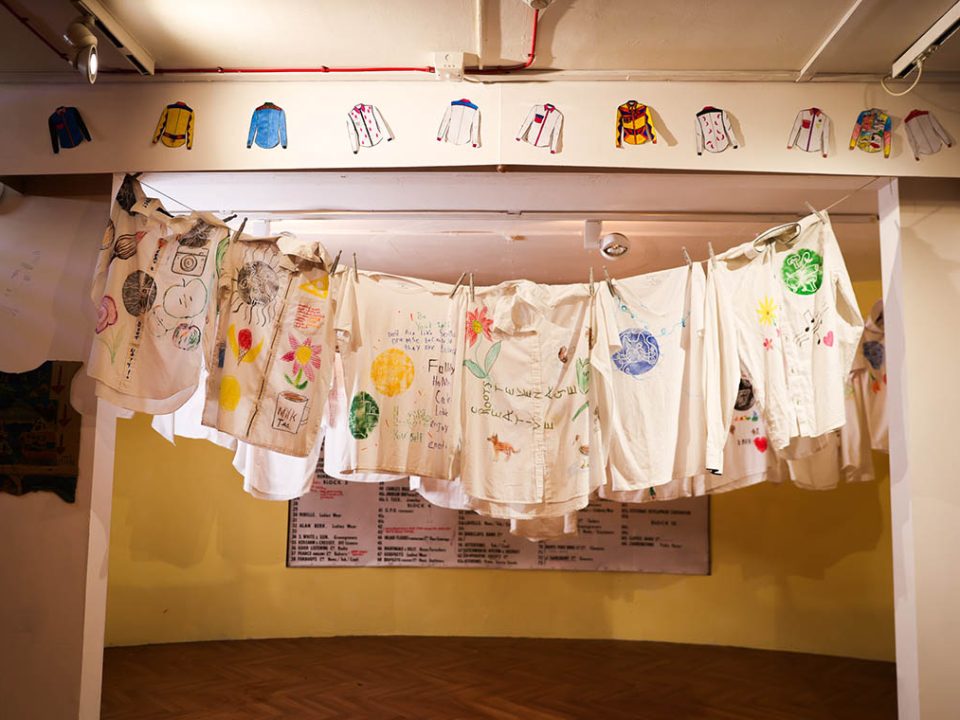
Creative Connections
September 8, 2021
Introducing Dance for Dementia
September 29, 2021ARCHIVE: Improvising Generations
(2019 – 2021)
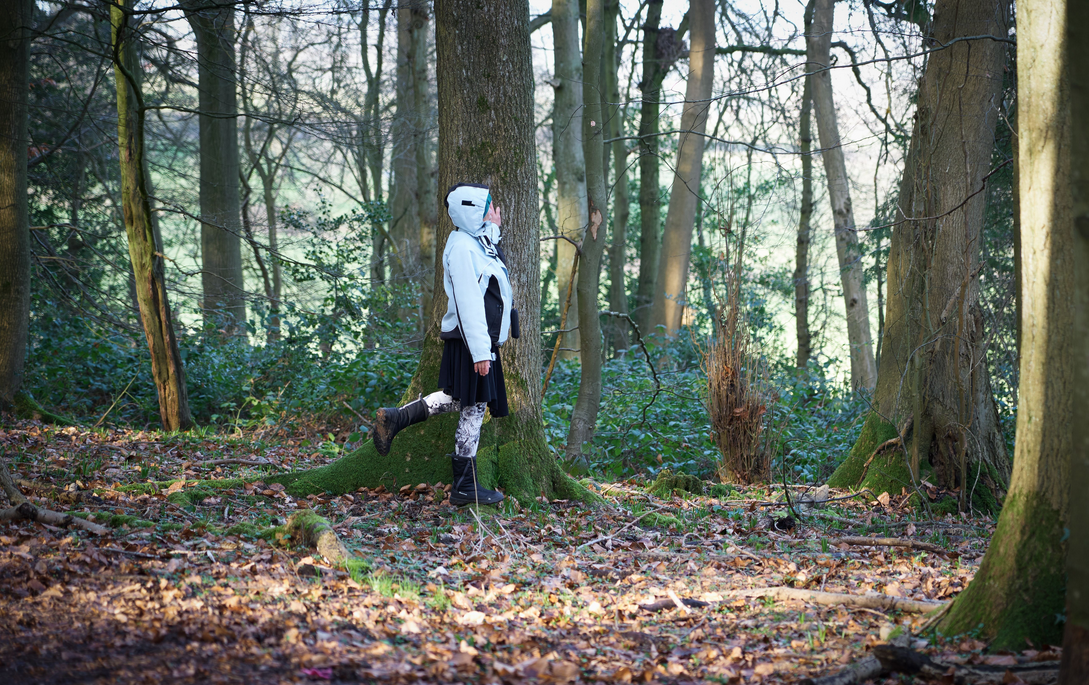
OVERVIEW
Improvising Generations was an intergenerational dance and music project led by BEEE Creative with Hertfordshire Music Service between January 2019 and June 2021, bringing young people and adults together. The focus was on helping people overcome loneliness and social isolation by offering group activities to socialise with others and exercise and create dance, music and film work together; and outdoor events at sites across Hertfordshire, to engage communities with local green spaces.
“the magic ingredient really is the inclusiveness, the diversity and the unexpectedness, and the fact that every generation can bring something to the whole.”
AIMS
Improvising Generations was driven by the positive impact that dance and music, combined with working outdoors can have on people’s social, physical and psychological health and wellbeing. The project aimed to challenge inequalities to cultural access and tackle issues of loneliness. In evaluating Improvising Generations 2019 - 2021, we aimed to find out whether participating in an intergenerational dance and music project can reduce perceptions of loneliness and improve participants’ subjective wellbeing; and explore how intergenerational dance and music making and being outside can build positive connections amongst participants and contribute to their positive subjective wellbeing.
HEADLINE FINDINGS
What was the impact of our work on participants?
As a project, Improvising Generations reduced feelings of loneliness through short-and longer-term participation and, despite the challenges of a global pandemic, helped to ensure that the frequency with which loneliness is experienced did not increase. The project positively contributed to participants’ subjective wellbeing, helping them to feel good and function well across both short- and longer- term participation.
Participants reported that Improvising Generations provided a sense of belonging, aiding their motivation and commitment to continue to attend because of their perceived responsibilities to others. Whilst asking some participants to step outside their comfort zone, being outside offered many a sense of achievement, contributing to perceptions of improved mental health. In producing work for others to see, participants also described their pride in what they had done; being seen by others was a point of significance in participants’ and artists’ evaluations. Learning new technological skills was a real delight to many, as something they never would have encountered were it not for Improvising Generations and need to transfer the project using online tools. Overall, the project brought “more colour” to people’s lives and as a result, participants and artists alike expressed gratitude in having such an opportunity to make art and be together.
What did we learn artistically and as an organisation?
Organisationally, we learnt about the importance of adapting to the context we find ourselves in as agilely as possible, to trust our creative instincts to support people’s engagement with what we offer. Overall, we noticed that it is difficult to identify lonely people and that, in widening participation for this project and removing barriers to help them take part, we need to be responsive to the individual’s needs. Simple acts such as touching base with people, welcoming participants in before we start dancing and making music together are key drivers in this practice. This has also meant that we have diversified our offer significantly, to include a blend of face-to-face and online participation opportunities, sending out activity packs, encouraging painting, drawing, writing, photography and filming activities and ensuring that opportunities to drink tea and eat cake are always included!
Artistically, the basis of improvisation is important as it offers an opportunity for people to be met where they are at. And yet for many, improvisation is daunting, and so through this project, we were reminded of the importance of clearly articulating the working process throughout, to take small steps, and logically progress tasks to help new participants grow in confidence. The combination of live music and dance was vital in gluing people together. There came about a unifying objective, where everyone could contribute. Building connections between people seemed to occur when participants were authentically responsive to one another through their different artistic mediums. Improvisation helped participants to be in the moment and to respond to changes as they occurred, and we conclude, has the potential to bring very different people together equitably.
EVALUATION
A full evaluation report is available for this project.
PROJECT CREDITS
Artists
Laura Chiabolotti
Matthew Smith
Hannah Delaney
Carrie Washington
Partners
Hertfordshire Music Service
Funders
Building Connection Fund, with thanks to both Her Majesty’s Government and National Lottery players (The National Lottery Community Fund)
FILMS
-
Documentary: https://vimeo.com/533583738
-
Cassiobury Park Project: https://vimeo.com/325148649
-
Hampson Park Project: https://vimeo.com/366708898
-
The Boxmoor Trust Project: https://vimeo.com/399185030
-
TAG – Play Project: https://vimeo.com/458942050
-
E-Book Project: https://vimeo.com/440736134
-
Mandala Project: https://vimeo.com/538668023
-
WhatsApp Project (with New Connections / Watford Borough Council): https://vimeo.com/548350779


